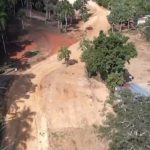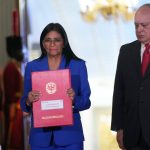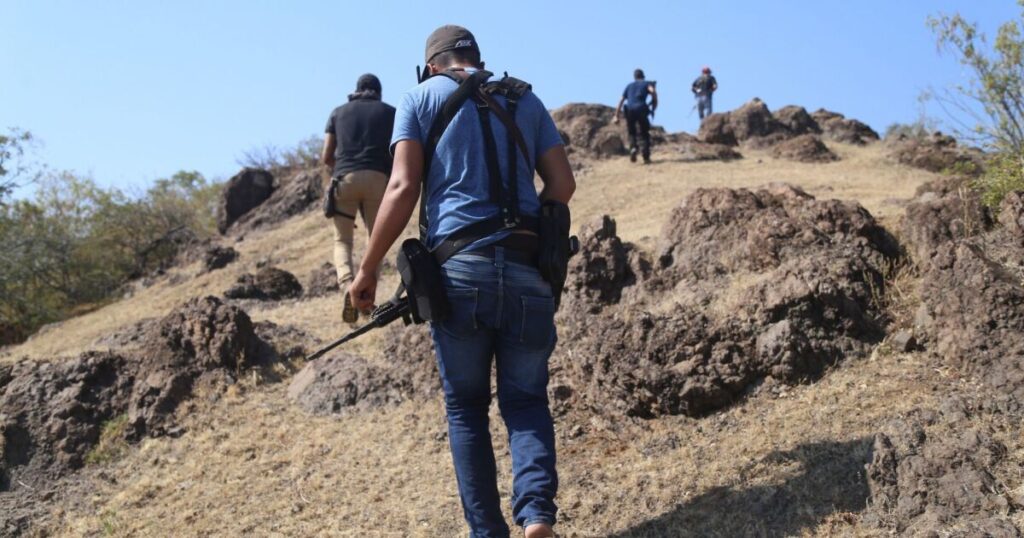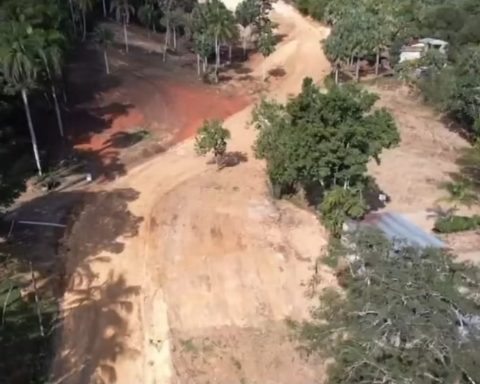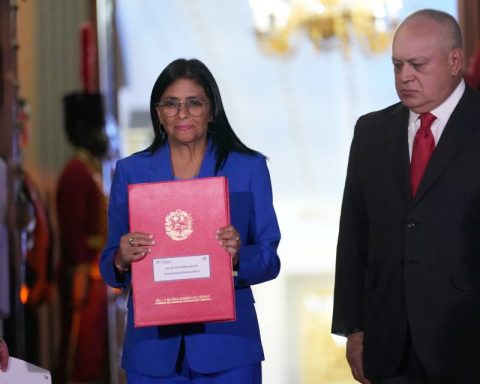The Brazilian military government installed in 1982 in Argentina, during the Falklands War, an ‘Information Search Network’ on the conflict between Argentina and the United Kingdom, which celebrated its 40th anniversary on April 2, according to state documents. Major General of the Armed Forces kept in the National Archives of Brazil.
(EUROPA PRESS) – The Brazilian newspaper ‘Estadão’ has had access to the documents that will be published in June, through which the history of these Brazilian actions in the war can be reconstructed.
In addition, the professor at the Federal University of São Carlos, João Roberto Martins Filho, will publish the book ‘O Brasil e Guerra das Malvinas: Entre Dos Fogos’ with more data on espionage.
In the documents of the General Staff of the Brazilian Armed Forces, the purpose was to circumvent Argentine censorship.
“To overcome this obstacle, in addition to the usual contacts with the Intelligence sectors of the General Staff of each of the Argentine Forces -generally evasive and reticent-, a closer relationship was sought with other trusted military attachés, who were more active. and dynamic in monitoring the conflict”, the document wields, as reported by ‘Estadão’.
A month after the invasion, the English operation to retake the islands began. Brazil helped the Argentines, with intelligence and weapons, but at the same time sought to maintain a good relationship with the United Kingdom.
The report indicates that on the night of March 26, 1982, the Military Junta met, its members were General Leopoldo Galtieri, head of the Army and President of the Republic; Brigadier Basilio Lami Dozo, for the Air Force; and Admiral Jorge Isaac Anaya, for the Navy. Foreign Minister Costa Méndez also attended the secret meeting.
Information obtained from the local Air Force General Staff has indicated that “on the day of the invasion, April 2, 1982, the operation was scheduled for May or June, when weather conditions would be more unfavorable to the British.”
On the other hand, Martins Filho deals with another way in which Brazil obtained information from Argentina. The country would have deciphered the code of the encrypted communications of the Ministry of Foreign Affairs of the neighboring country.
According to the documents, Libya undertook to send Soviet SAM-6 and SAM-7 missiles via the Tripoli, Canary Islands, Recife and Buenos Aires route.
Also, while Brazil kept an eye on the Argentines, the Brazilians took advantage of a unique opportunity of the war: the capture of an American-made ‘AGM-45 Shrike’ missile, a weapon with a modern guidance system.
The war, started on April 2, 1982 by the Argentine dictatorship, claimed the lives of 255 British soldiers and 650 Argentine combatants. Argentina had to withdraw after just over two months of fighting.









